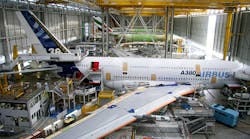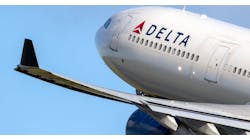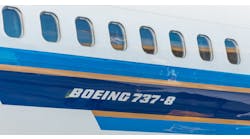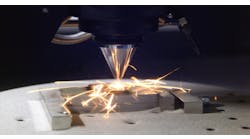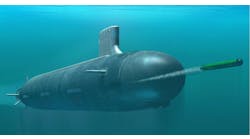Airbus SAS detailed its new contract to supply commercial aircraft to Iran Air, one that is even larger in volume than the controversial deal announced earlier this month by rival Boeing Commercial Airplanes. Airbus said the order covers 100 single-aisle and wide- aircraft —46 jets from the A320 series, 38 from the A330 series, and 16 A350 XWB aircraft — and that Iran Air would begin taking delivery in 2017.
The order first emerged in January of this year once the European Union and the U.S. withdrew sanctions on oil, aerospace, and other commercial trading by Iran, in exchange for that country resolving to end its nuclear research program, and released about $100 billion of the Islamic republic’s frozen assets — clearing the way for large industrials like Airbus to secure new orders.
Airbus did not offer any value for the contract, but reports put the list-price value above $18 billion. Chairman and CEO Fabrice Bregier called it “a landmark agreement not only because it paves the way for Iran Air’s fleet renewal.”
The supply also includes pilot and maintenance training, and support for Iran Air’s development of air navigation services (ATM), airport and aircraft operations, and regulatory harmonization.
“Iran Air considers this agreement an important step towards a stronger international presence in civil aviation. We hope this success signals to the world that the commercial goals of Iran and its counterparts are better achieved with international cooperation and collaboration,” stated Farhad Parvaresh, Iran Air chairman and CEO.
As Boeing did in its announcement, Airbus noted that its agreement is in alignment with U.S. government export licenses, which were granted in September and November. Airbus is required by law to secure and comply with the licenses because its products contain 10% or more of content defined as “U.S. technology.”
Also like Boeing, Airbus emphasized that it coordinated with regulators in the E.U., U.S., and elsewhere to ensure its contract meets the understanding of and complies with the Joint Comprehensive Plan of Action (JCPOA) — the international agreement that defines Iran’s commitment to suspend nuclear research and other nations’ commitment to resume trade with that country. And, the OEM that added that it will continue to act in full compliance with the conditions of the OFAC licenses.




